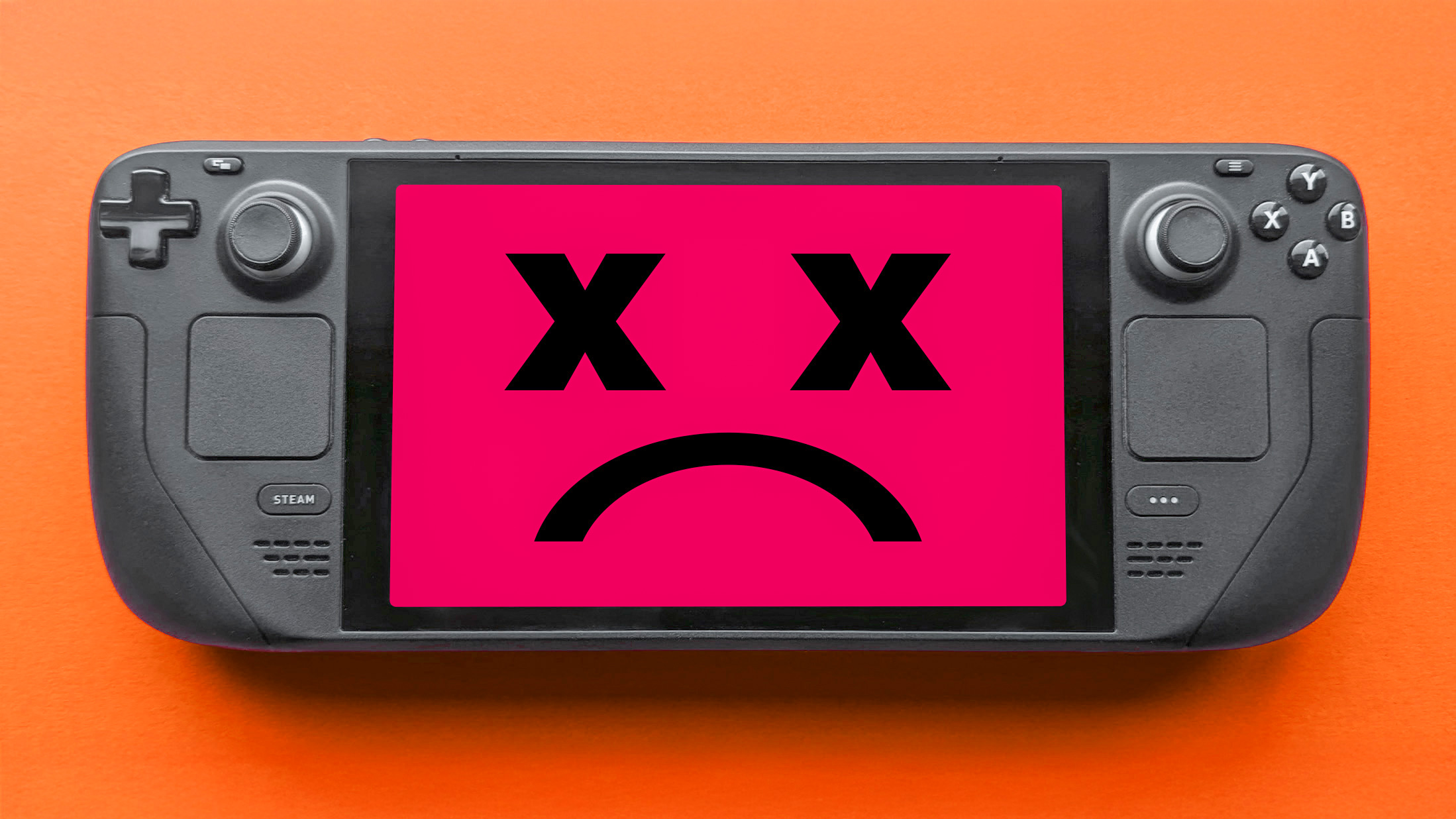Pros and cons of Destiny 2's lack of Grimoire cards
Bungie is completely removing "Grimoire cards" from Destiny and focusing on in-game storytelling - but did the entirety of the system need to go?
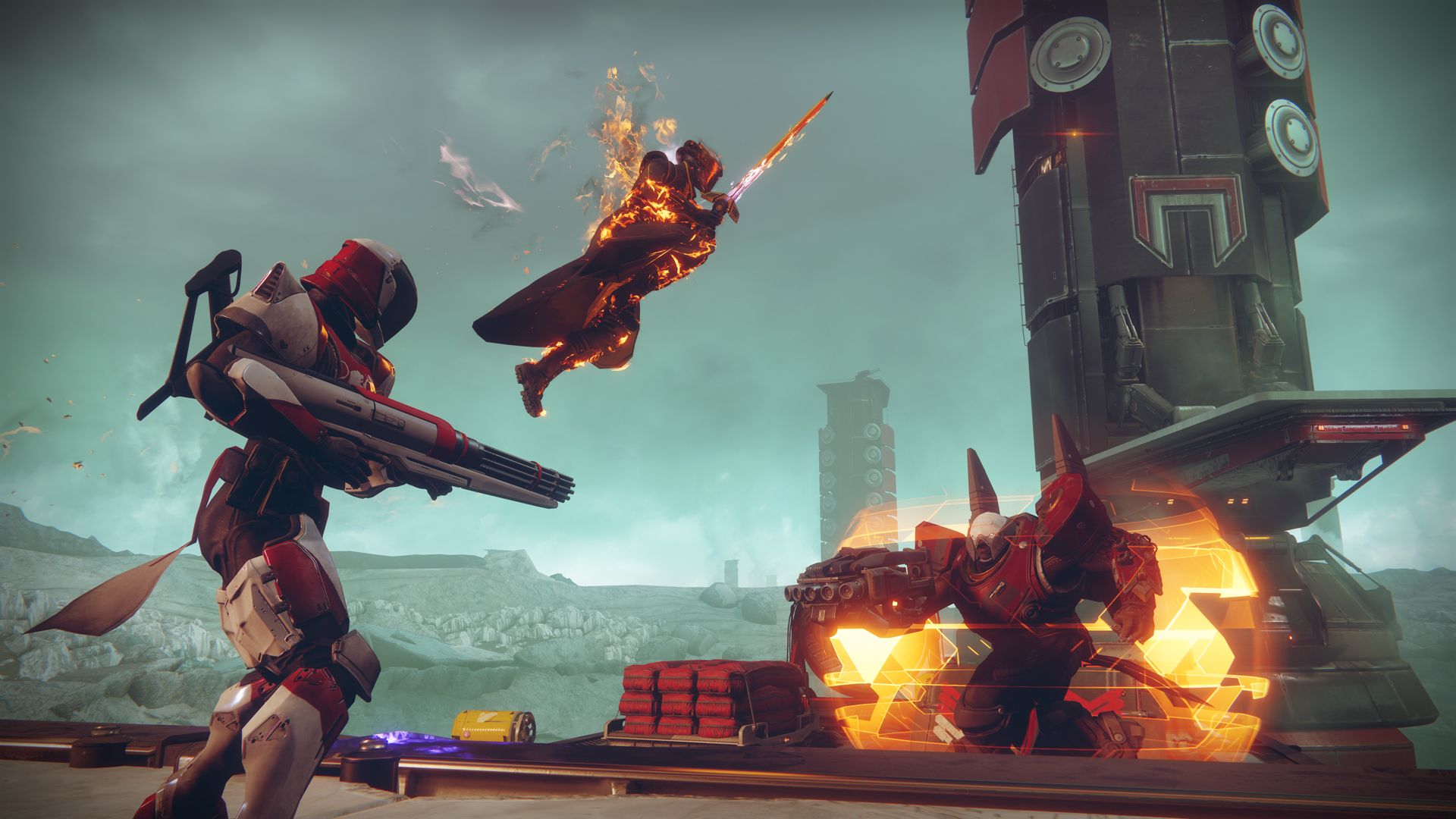
Back in 2013, the world-renowned game developer studio Bungie unveiled Destiny for all to see, citing an expansive, detailed narrative as one of many grand features that the title would bring to the table. As time passed and its release drew near, the hype behind the game continued to soar. Gamers had expectations of a groundbreaking, revolutionary narrative that would push the boundaries of video game storytelling and offer a story-driven experience unlike any other.
Unfortunately, that would end up not being the case.
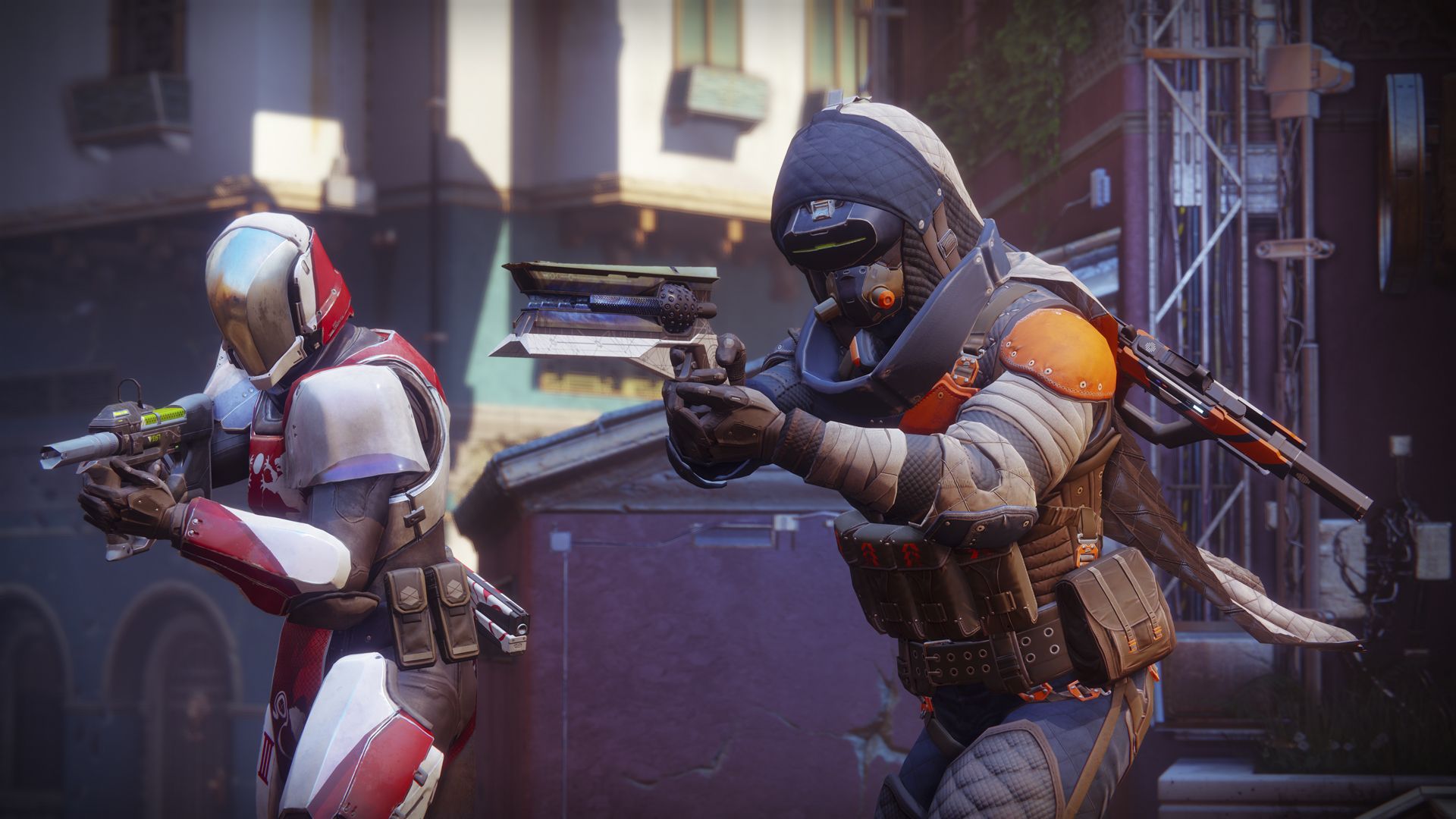
Destiny and Grimoire
Following its launch on September 9, 2014, the initial reception for Destiny's highly anticipated narrative was extremely poor. Most players felt that it lacked any clear writing direction and organization. The general consensus from both critics and fans alike was that the game's story was a far cry from any of the things that Bungie promised during E3 of 2013.
After much analysis and community discussion, the general player base came to the conclusion that the way the game was written around the Grimoire card system was the major reason that the writing of the new sci-fi title fell so flat.
Grimoire cards were the prominent form of storytelling in Destiny. The general idea was that players, following the accomplishment of a prerequisite (completing missions, encountering enemies, earning progression points, etc) would earn a special item called a Grimoire card. These cards contained various nuggets of lore about various different aspects of the universe - allies, enemies, historical events, and more - and the cards that players earned could be viewed from a dedicated section of Bungie's website, as well as some fan-made applications.
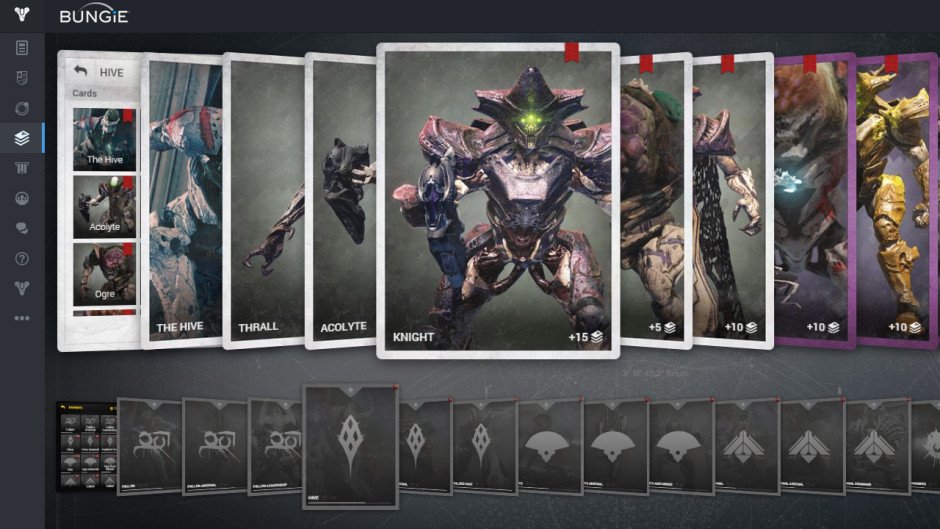
Despite the issues with the Grimoire system that resulted in the massive story letdown, Destiny's quality gunplay, audio and visual design, and social features paved the way for it to be a booming commercial success. The game earned $500 million in preorders and day one sales, and the game sold 6.3 million copies within a month of its release.
Based on these record-breaking numbers, it overtook Watch Dogs as the fastest growing new IP in video game history. It was quite clear that a sequel would eventually come. And shortly after the gameplay reveal of Destiny 2 last month, Bungie was quick to report that Grimoire was not making a return to the sequel, ensuring fans that a quality in-game story was a big focus for the new title.
All the latest news, reviews, and guides for Windows and Xbox diehards.
In this article, we're going to take an in-depth look at the Grimoire system, the issues it caused, and the pros and cons of it being gone, as well as my personal suggestion as to how Grimoire (or something like it) could be refined and changed to fit well into the Destiny franchise.
The problem with Grimoire
It would not be inaccurate to say that the Grimoire card system was one of the most controversial features of the first Destiny's formula. The system sounded solid on paper, and the ability to view lore about the universe anytime, anywhere, whenever it was convenient sounded promising. Unfortunately, there was one place where the narrative was almost completely absent - in the game itself.
Unfortunately, there was one place where the narrative was almost completely absent - in the game itself.
Following the game's initial cinematic cutscene which gives a brief, vague introduction to the universe and the current struggles of humanity, we as players were thrown into the universe with next to no detailed understanding of, well, anything. Entities such as the heroic Traveler or the evil Darkness, allied or enemy factions, and the very history of the universe itself are never explained or explored past a few lines of confusing exposition.
The common reaction to the end of the vanilla game's narrative arc was one of puzzlement and disappointment. By entirely keeping the universe's lore out of the games and instead cramming it into an external card system, Bungie created an experience in which players rarely understood the reason why they were doing what they were doing in-game until after they had already done it and earned a card that explained it to them in a few short paragraphs.
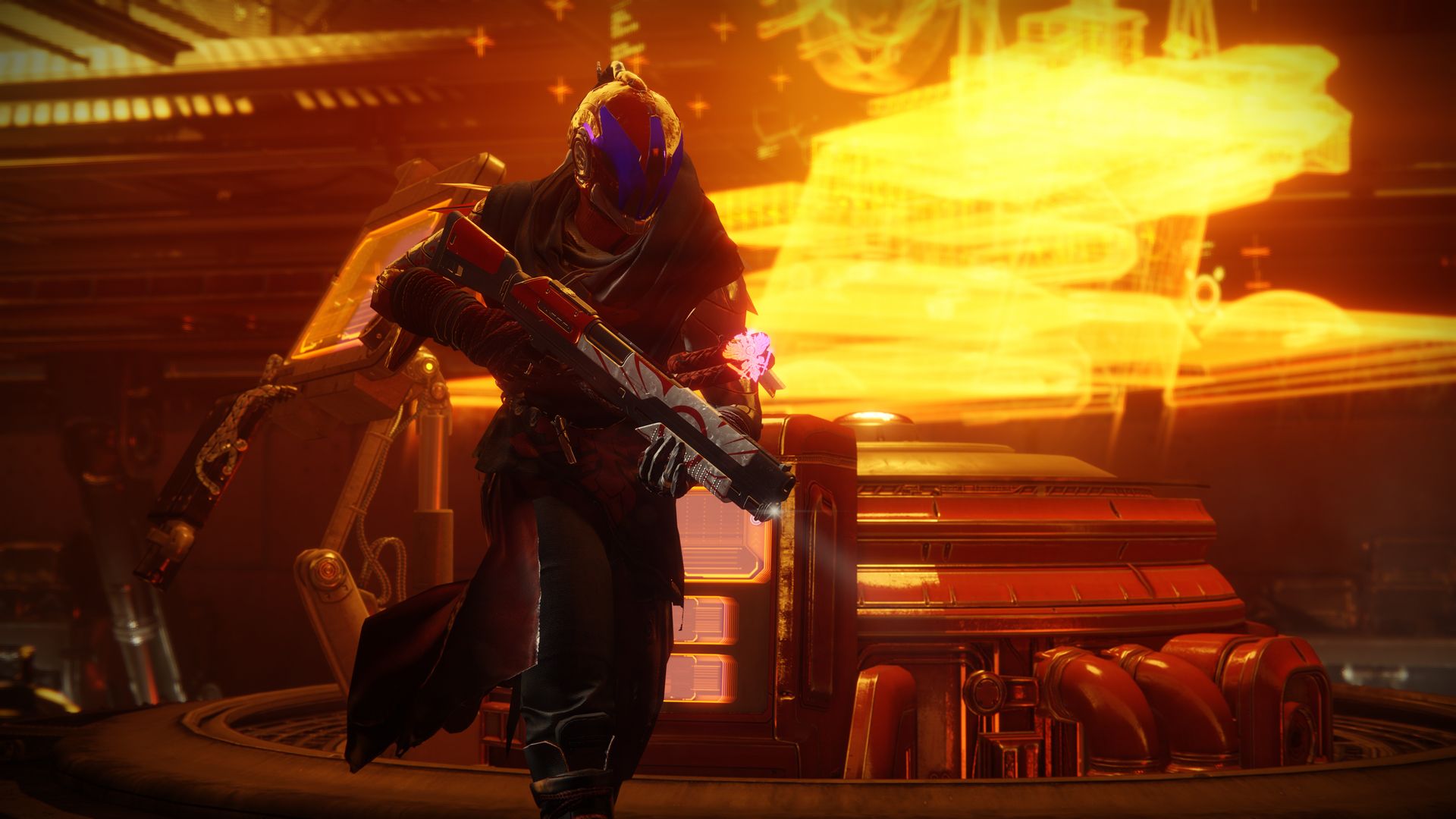
In short, it created a jarring disconnect between gameplay and narrative. Instead of experiencing the story by playing the game, players had to play the game first to "earn the right" to understand what was happening, then visit a website and attempt to piece it together themselves. After finishing the game, many players felt animosity towards Destiny for failing to explain almost every part of its universe in-game.
Bungie's solution
After the heavy criticism the Grimoire system faced, it would appear that Bungie is making some big changes. In a response to a question from Forbes, Bungie's world design lead Steve Cotton had this to say about whether or not Grimoire cards would play a role in Destiny 2:
The answer to that question is 'no' and the reason it's 'no' is because we want to put the lore in the game. We want people to be able to find the lore. All the story is told through the Adventures, it's told through the characters in the world, it's told through the campaign and it's told through scannables you find throughout the world.
It seems that Bungie has listened to the community feedback regarding Grimoire and is removing it from the franchise.
The pros of ditching Grimoire cards
This is seen by most people as a step in the right direction. By bringing the narrative into the game itself, players will undoubtedly have a much clearer understanding of the universe and its inhabiting factions and characters. People will likely find Destiny 2's narrative structure much more cohesive as a result, and should find it more organized compared to its predecessor.
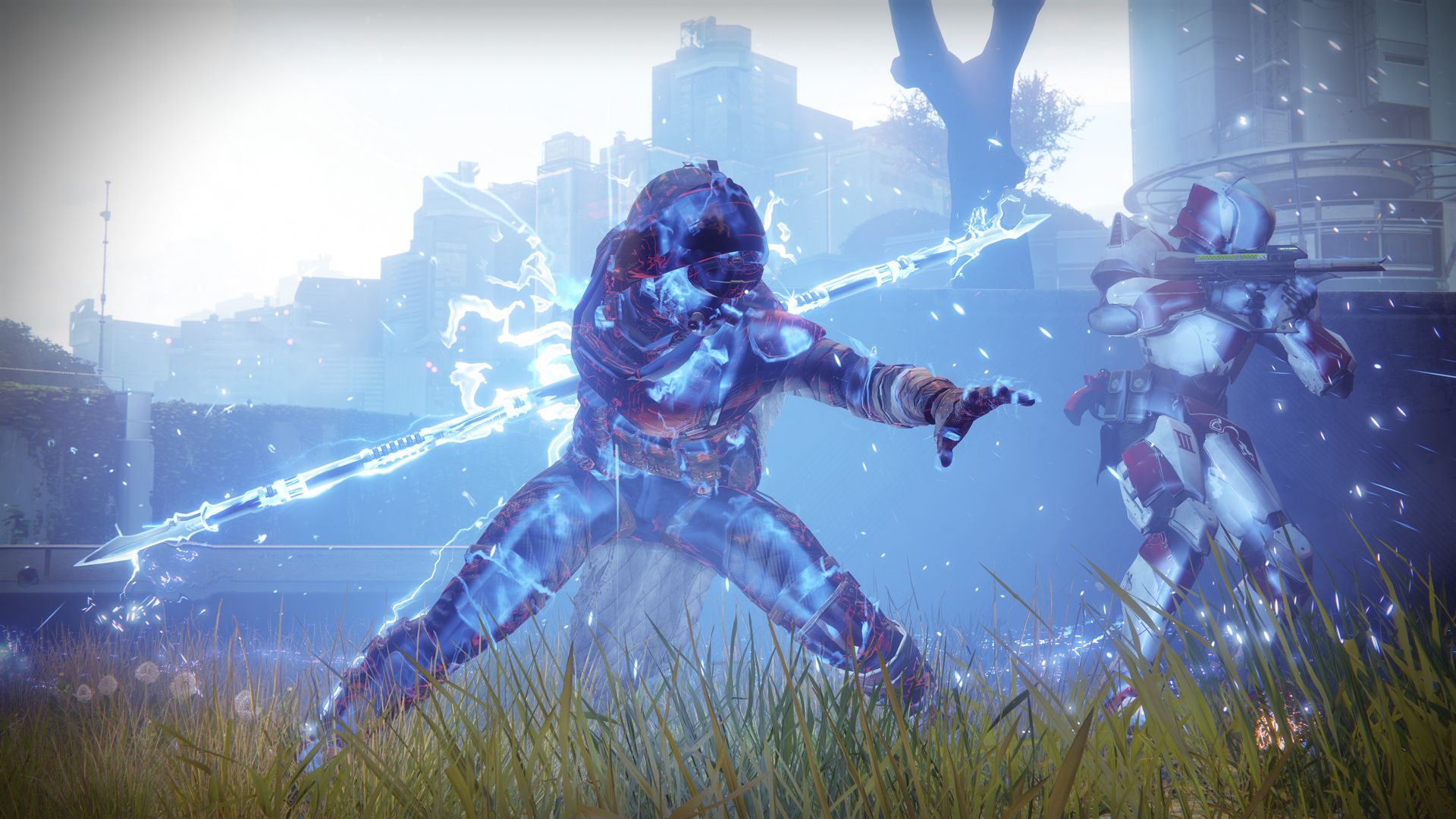
In the same way that you would expect a well-written book to contain a full story within its pages, a well-written video game should have the full narrative within its gameplay.
A well-written video game should have the full narrative within its gameplay.
By playing the game, you should experience the story.
Many franchises in the past (Mass Effect comes to mind) have earned critical acclaim based on quality writing alone. And while story isn't all that makes a game, Bungie's choice of a narrative system that encourages in-game player engagement and connects them with the universe gives Destiny 2 the potential to be a new, fresh and revitalizing experience with the franchise's universe.
The cons of ditching Grimoire cards
However, that isn't to say that external systems like the Grimoire cards don't have a place in the Destiny franchise. One simply has to look at Bungie's own original sci-fi franchise, Halo, to see that expanded universe content and out-of-game lore such as novels and comic books can add a huge amount of detail and information to a universe. The fact is every aspect of a universe cannot be explored in a game.
Every aspect of a universe cannot be explored in a game.
When a game tells a story, the focus of the writing should be on that story, the characters within it, and the setting it takes place in. It should tell you what you need to know. It should not oversaturate the player with unnecessary information. Doing so causes player confusion and has the potential to swamp them with details that muddy the cohesiveness and fluidity of the narrative.

Some people enjoy reading deeply into a universe and learning everything there is to know. People like me love a cohesive, well-told story in a game, but that story will drive my curiosity, and it will make me want more. However, cramming every little detail into the game will take away from its primary narrative. So how can Bungie satisfy the people like me, who crave as much information as possible?
It's simple: create a system of external lore content that enriches the universe but is not essential to understanding the narrative told in the game. It is here that I think Bungie has made a mistake in completely removing Grimoire cards.
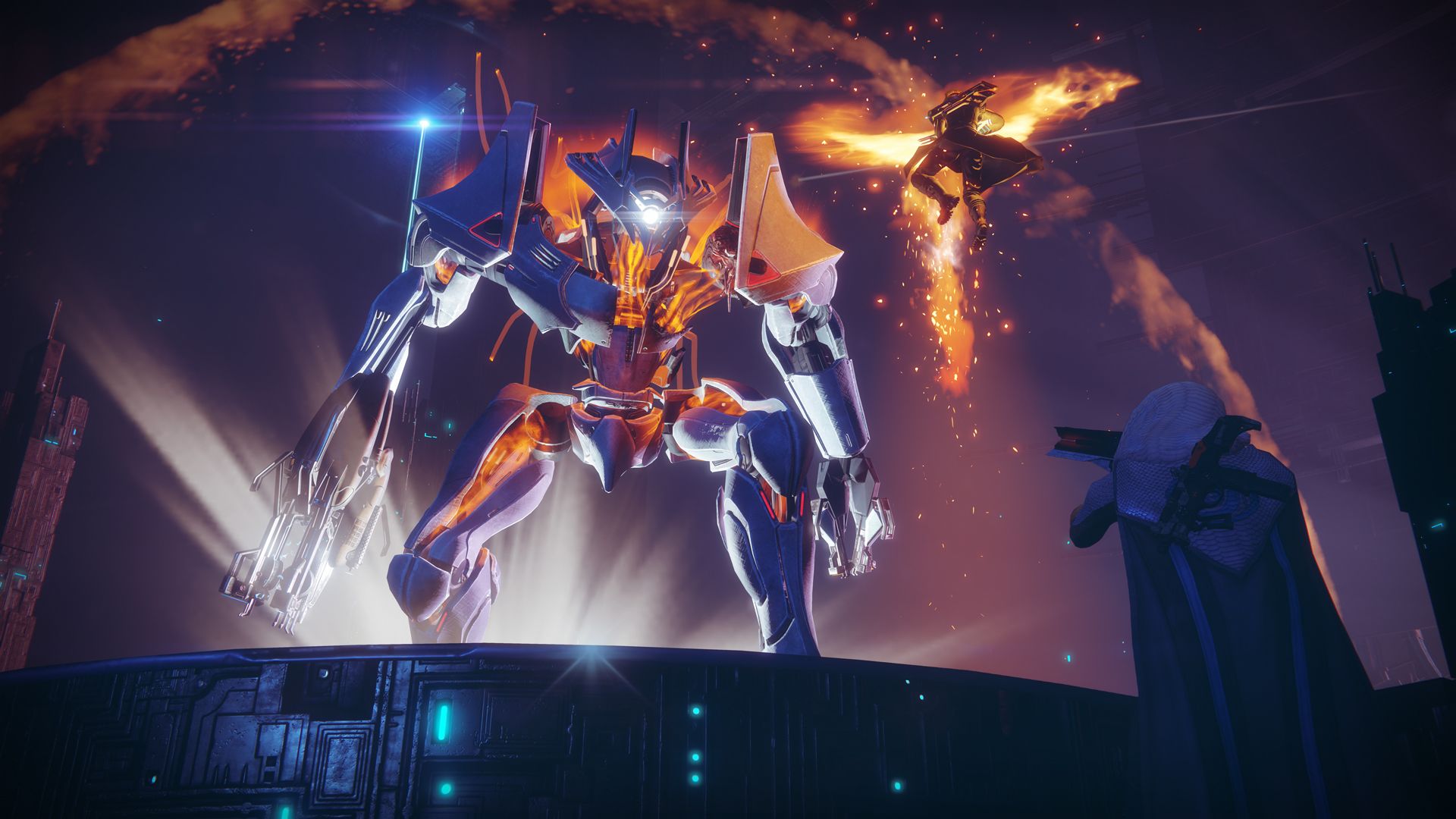
Destiny's universe is a sea of unknowns that could heavily benefit from out-of-game exploration. By completely removing the system entirely, Bungie has removed the benefit that a refined, well-done iteration of the Grimoire cards could offer.
If the company was to create a Grimoire system that, instead of containing important story information that was necessary to understanding what happens in-game, explored the aspects of the Destiny universe that are located out of the game, then it would be the perfect way for fans to eat up all the extended universe lore goodness that people want. This would also keep the game's story clean of unrelated detail that clutters up its plot so that more laid back fans can enjoy the universe presented to them in the game without having to worry about studying up on expanded lore.
Best of both worlds
As we play through the story of Destiny 2 and all of its self-contained goodness, the developer should offer us the option to read more into the places we visit, the enemies we fight, and the allies we stand with on the battlefield. For example, let's say we're on a mission to Mars to stop a Cabal warlord who's running operations for the Red Legion. When we get there and engage in the story and combat, have a small, unobtrusive text flash on our HUD: Grimoire entry on Mars now available.
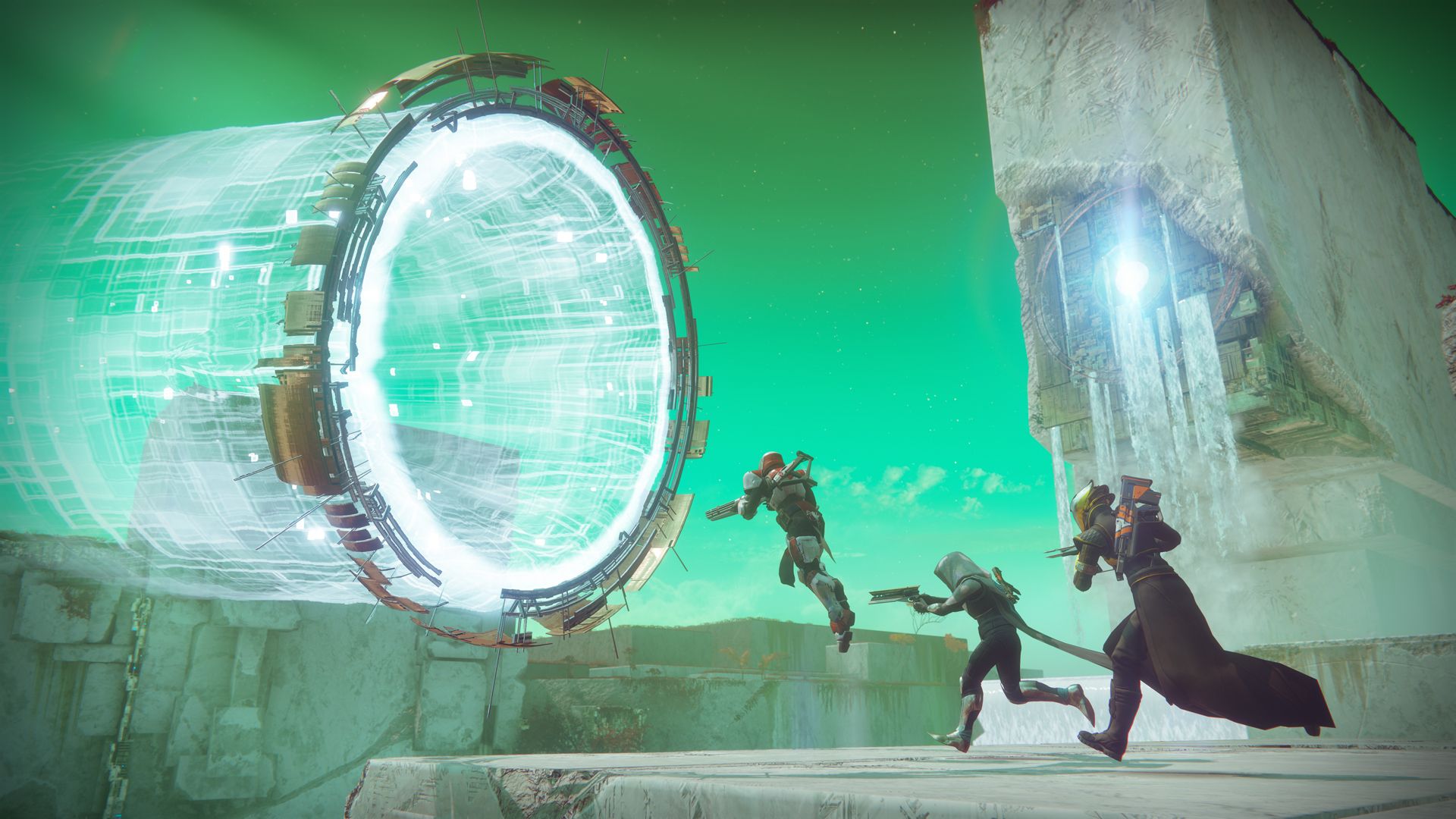
We then have the 100 percent optional choice to open that Grimoire menu and read that entry, learning the history of Mars in the Destiny universe. And the best part is, they could do this for everything in the game, including Weapons, characters and locations.
If Bungie wanted to, it could even bring back the advantage the original system had with being viewable outside of the game and merge it with the Mass Effect style codex idea and make it so that this content was accessible both in-game and out. Ultimately, make it as user friendly as possible to all fans. Make it unobtrusive and completely optional for laid back players, and make the feature easily accessible and done well for the more hardcore lore fans.
I can only hope that Bungie recognizes the potential benefits that a quality, refined Grimoire-ish system can bring to the table for the franchise.
If you're looking to pick it up, Destiny 2 should be released on September 8, 2017, for around $60 on Xbox One and PlayStation 4. It's also expected to be released on October 24, 2017, on Blizzard Entertainment's PC service, Battle.net.

Brendan Lowry is a Windows Central writer and Oakland University graduate with a burning passion for video games, of which he's been an avid fan since childhood. He's been writing for Team WC since the summer of 2017, and you'll find him doing news, editorials, reviews, and general coverage on everything gaming, Xbox, and Windows PC. His favorite game of all time is probably NieR: Automata, though Elden Ring, Fallout: New Vegas, and Team Fortress 2 are in the running, too. When he's not writing or gaming, there's a good chance he's either watching an interesting new movie or TV show or actually going outside for once. Follow him on X (Twitter).
